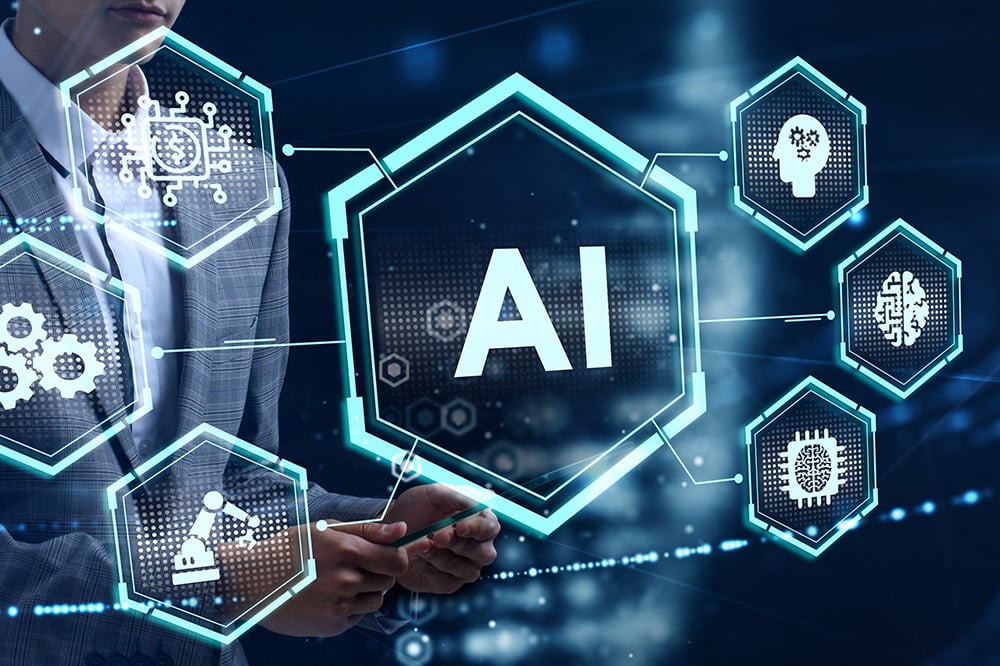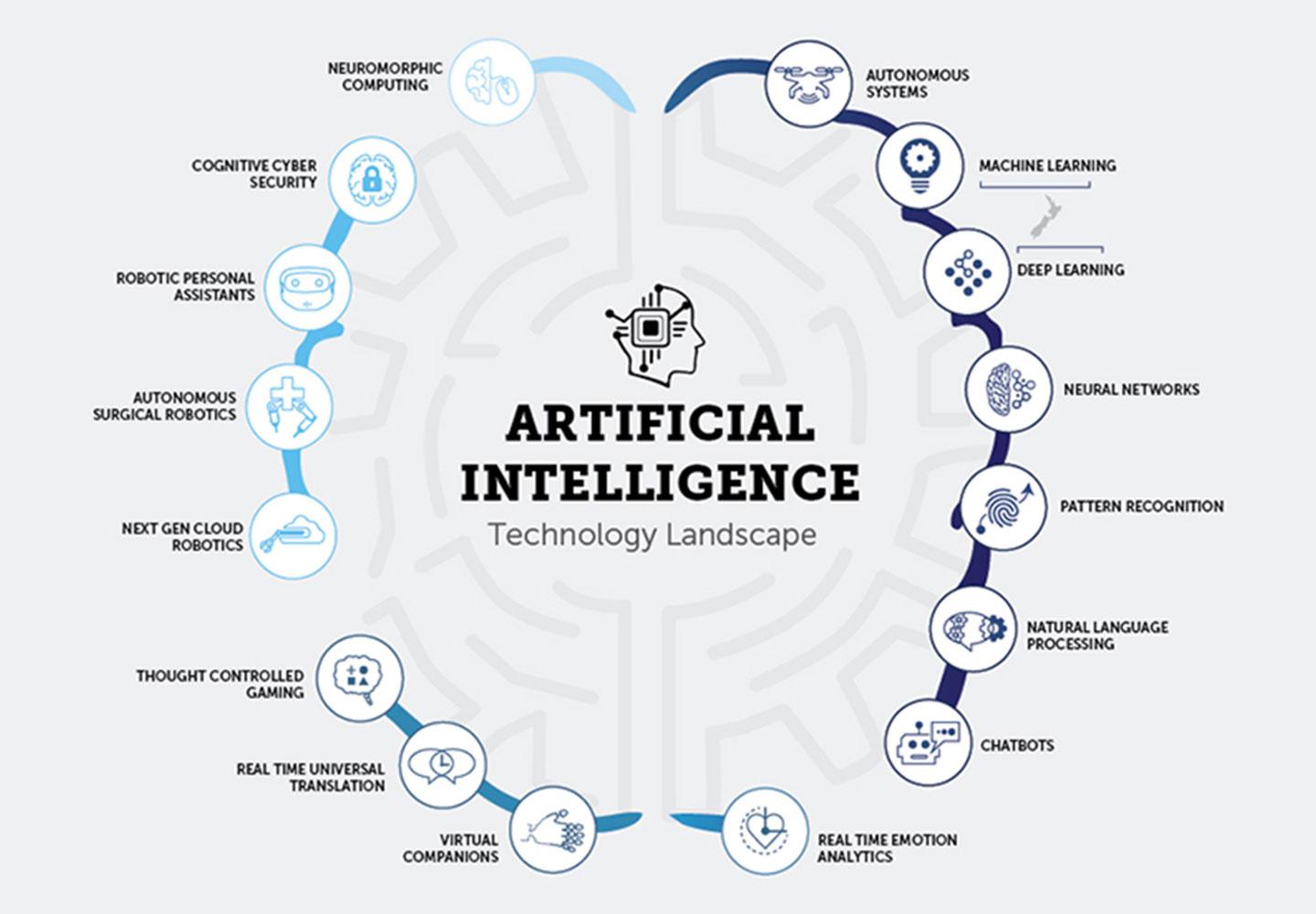what is Artificial Intelligence ?
I. Introduction
- Definition of AI
- Brief history of AI
- Goals of AI
II. Types of AI
- Rule-based systems
- Expert systems
- Machine learning systems
- Deep learning
III. Applications of AI
- Industry examples (healthcare, finance, transportation, etc.)
- Impact on society and economy
IV. Advantages and concerns of AI
- Job loss
- Ethical implications (bias, discrimination)
V. Conclusion
- Importance of considering the social and ethical implications of AI
- Need for investing in research to understand the impact of AI
Artificial Intelligence (AI) is a field of computer science that focuses on creating machines that can perform tasks that typically require human intelligence, such as visual perception, speech recognition, decision-making, and language translation.
The goal of AI is to build systems that can learn from experience and make predictions or decisions based on that learning. This is achieved through the development of algorithms and statistical models that enable a machine to identify patterns in data and use that information to make decisions.
One of the key components of AI is machine learning, which is a type of artificial intelligence that allows systems to automatically improve their performance by learning from experience. Machine learning algorithms can be supervised, unsupervised, or semi-supervised, depending on the type of data they are trained on and the desired outcome.
Another important aspect of AI is deep learning, which is a subset of machine learning that uses neural networks with many layers to process large amounts of data. Deep learning algorithms have been used to achieve state-of-the-art results in areas such as image classification, speech recognition, and natural language processing.
Advances in Artificial Intelligence (AI) and Its Applications in Different Fields
Despite the many benefits of AI, there are also concerns about its potential impact on society. For example, there are fears that AI could lead to job loss as machines take over tasks that were previously performed by humans. There are also concerns about the ethical implications of using AI in decision-making, as machines may not always make the same choices as humans and could perpetuate biases or discrimination.
In conclusion, AI has the potential to revolutionize many industries and improve our lives in many ways, but it is important to carefully consider the ethical and societal implications of its development and deployment.
Exploring the Power and Potential of Artificial Intelligence (AI)
Artificial Intelligence (AI) is a rapidly growing field that is transforming many industries, including healthcare, finance, and transportation. AI refers to the development of computer systems that can perform tasks that typically require human intelligence, such as visual perception, speech recognition, decision-making, and language translation.
One of the main goals of AI is to build systems that can learn from experience and make predictions or decisions based on that learning. This is achieved through the development of algorithms and statistical models that enable a machine to identify patterns in data and use that information to make decisions.
There are many different types of AI, including rule-based systems, expert systems, and machine learning systems. Rule-based systems use predefined rules to make decisions, while expert systems use knowledge from experts in a specific domain to make decisions. Machine learning systems, on the other hand, use algorithms and statistical models to automatically improve their performance over time by learning from experience.
Machine learning algorithms can be supervised, unsupervised, or semi-supervised, depending on the type of data they are trained on and the desired outcome. Supervised learning algorithms are trained on labeled data, where the correct output is provided for each input. Unsupervised learning algorithms are trained on unlabeled data and try to identify patterns or relationships within the data. Semi-supervised learning algorithms are a combination of supervised and unsupervised learning, where some of the data is labeled and some is not.
Deep learning is a subset of machine learning that uses neural networks with many layers to process large amounts of data. Deep learning algorithms have been used to achieve state-of-the-art results in areas such as image classification, speech recognition, and natural language processing.
Despite the many benefits of AI, there are also concerns about its potential impact on society. For example, there are fears that AI could lead to job loss as machines take over tasks that were previously performed by humans. There are also concerns about the ethical implications of using AI in decision-making, as machines may not always make the same choices as humans and could perpetuate biases or discrimination.
To ensure that AI is developed and used in an ethical and responsible manner, it is important for researchers and practitioners to consider the social and ethical implications of AI and work to address these concerns. This can include developing ethical guidelines for AI development and deployment, as well as investing in research to understand the impact of AI on society and the economy.
In conclusion, AI has the potential to revolutionize many industries and improve our lives in many ways, but it is important to carefully consider the ethical and societal implications of its development and deployment




تعليقات